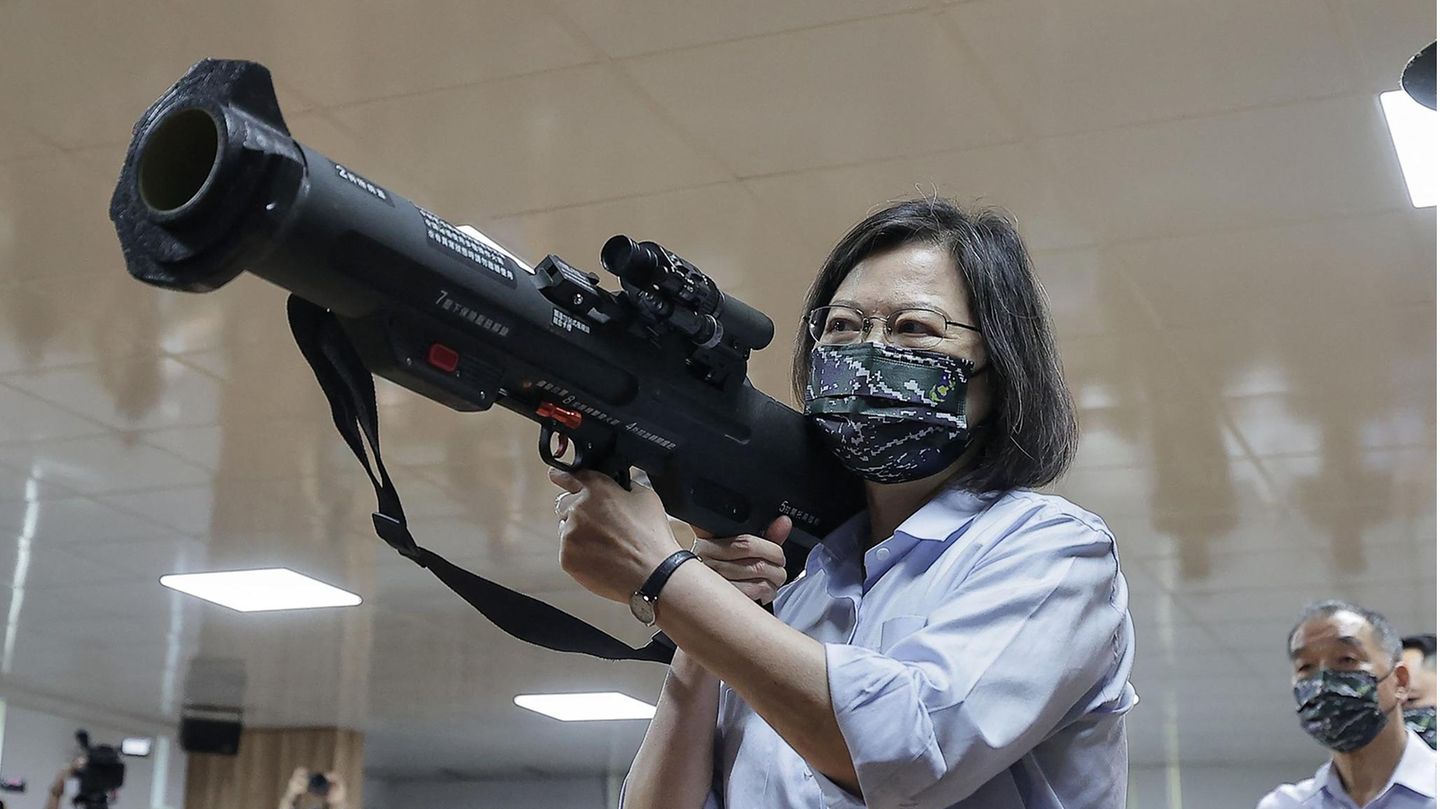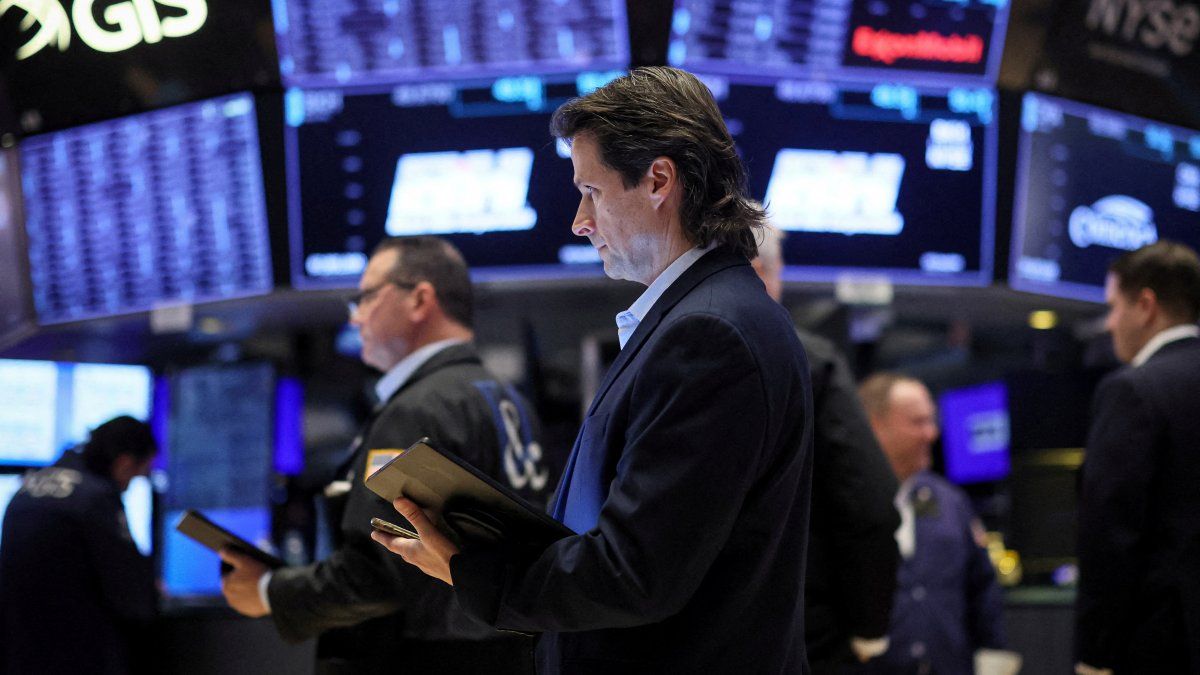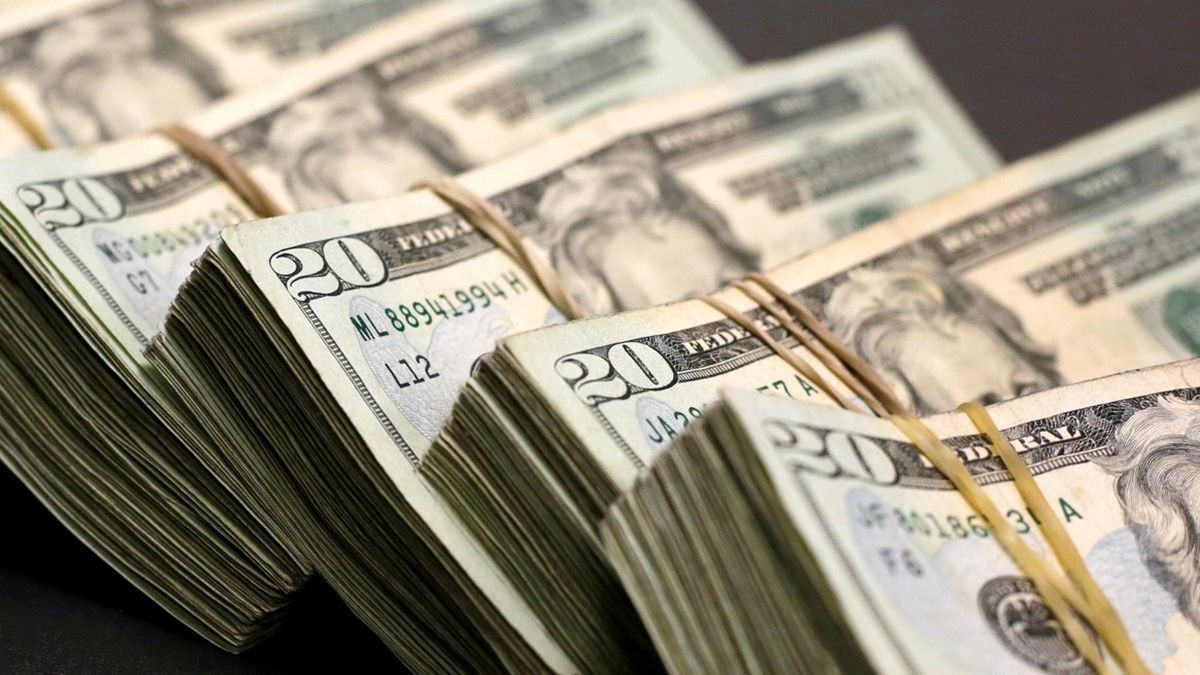analysis
Is a war over Taiwan imminent? China’s aggressive statements over the weekend fueled that fear. “East Asia could be tomorrow’s Ukraine,” Japan’s prime minister warned at the start of the security conference in Singapore.
As this weekend draws to a close, the world seems closer to another major war. The statements made about the Singapore Shangri-La security conference were too confrontational, even sharp, for the fear of an escalation of the long-simmering conflict over independence from Taiwan to have diminished. On the contrary: “East Asia could be tomorrow’s Ukraine,” said Japanese Prime Minister Fumio Kishida on Friday at the opening of the forum, which this time made little contribution to understanding in Asia and the Pacific region. Rather, bad memories of February of this year were awakened when, just four days after the Munich Security Conference – the European equivalent of the Shangri-La Dialogue – war broke out in Ukraine. At that time, too, they parted in a depressed mood.
The fact that something similar is now being repeated with China and Taiwan is by no means automatic, even though China made an extremely aggressive and unmistakable choice of words. “We will fight at all costs and we will fight to the end,” Beijing’s Defense Minister Wei Fenghe threatened at the security conference on Sunday. “Those who seek Taiwan independence in order to divide China will definitely not end well,” the minister added in his speech. “Nobody should ever underestimate the Chinese armed forces’ determination to protect China’s territorial integrity.” China regards Taiwan as part of its territory, while the island state – officially known as the Republic of China – sees itself as a sovereign state from which mainland China “split off” in 1949 with the founding of the People’s Republic.
China wants to fight for Taiwan – “whatever the cost”
Without officially recognizing Taiwan, the US stands with the government in the capital, Taipei. US President Joe Biden outraged the government in Beijing when he even made it clear in May that the United States would also provide military support to Taiwan if China invaded Taiwan, which underscores the explosive nature of the Chinese statements made over the weekend. All the more so since US Secretary of Defense Lloyd Austin and his Chinese counterpart Wei met in person for the first time on the fringes of the security dialogue, but were unable to calm the situation even in bilateral exchanges.
During this conversation, Wei is said to have openly threatened war. “If anyone dares to separate Taiwan from China, the Chinese army will definitely not hesitate – at any cost – to start a war,” a spokesman quoted the minister as saying. According to the US Department of Defense, Austin had previously told his Chinese counterpart that Beijing “must refrain from further destabilizing actions towards Taiwan.” Peace and stability in the region are extremely important. On Saturday Austin repeated this again on the open stage. As an example, he cited Chinese military planes “that have flown near Taiwan in record numbers and almost daily in recent months” — breaching the island nation’s air defense zone.
Ukraine as inspiration for Taiwan
In view of the martial tones of the weekend, Taiwanese President Tsai Ing-wen once again evoked solidarity with the West via Twitter on Saturday. And it sent an indirect message to Beijing about what Chinese forces would expect if they did attack Taiwan. The way in which Ukraine is defending itself and democracy against an overpowering opponent also inspires her country, said Tsai, emphasizing: “Like Ukraine, Taiwan will not bow to pressure.” Tsai indirectly blamed the US in particular for being determined to defend the country and the way of life and confident that other democracies would stand by her country because of this determination, as is happening in Ukraine.
Words from the sidelines may also have helped heighten tensions between the two superpowers this weekend – and with them fears of war in the region. De-escalating tones remained the exception, but they existed. A “stable” relationship between the two world powers, the US and China, is desirable, said Beijing Defense Minister Wei. These are crucial “for world peace”. And his counterpart Austin stressed the importance of maintaining communication with all officials responsible for China’s defense. This is the only way to avoid misunderstandings and misjudgments.
Statements that had been made in one way or another before the outbreak of the Ukraine war, to which so many politicians in East Asia referred this weekend. They cannot take away the concern that the world has come closer to another war in the past few days.
With material from AFP.
Source: Stern
David William is a talented author who has made a name for himself in the world of writing. He is a professional author who writes on a wide range of topics, from general interest to opinion news. David is currently working as a writer at 24 hours worlds where he brings his unique perspective and in-depth research to his articles, making them both informative and engaging.




